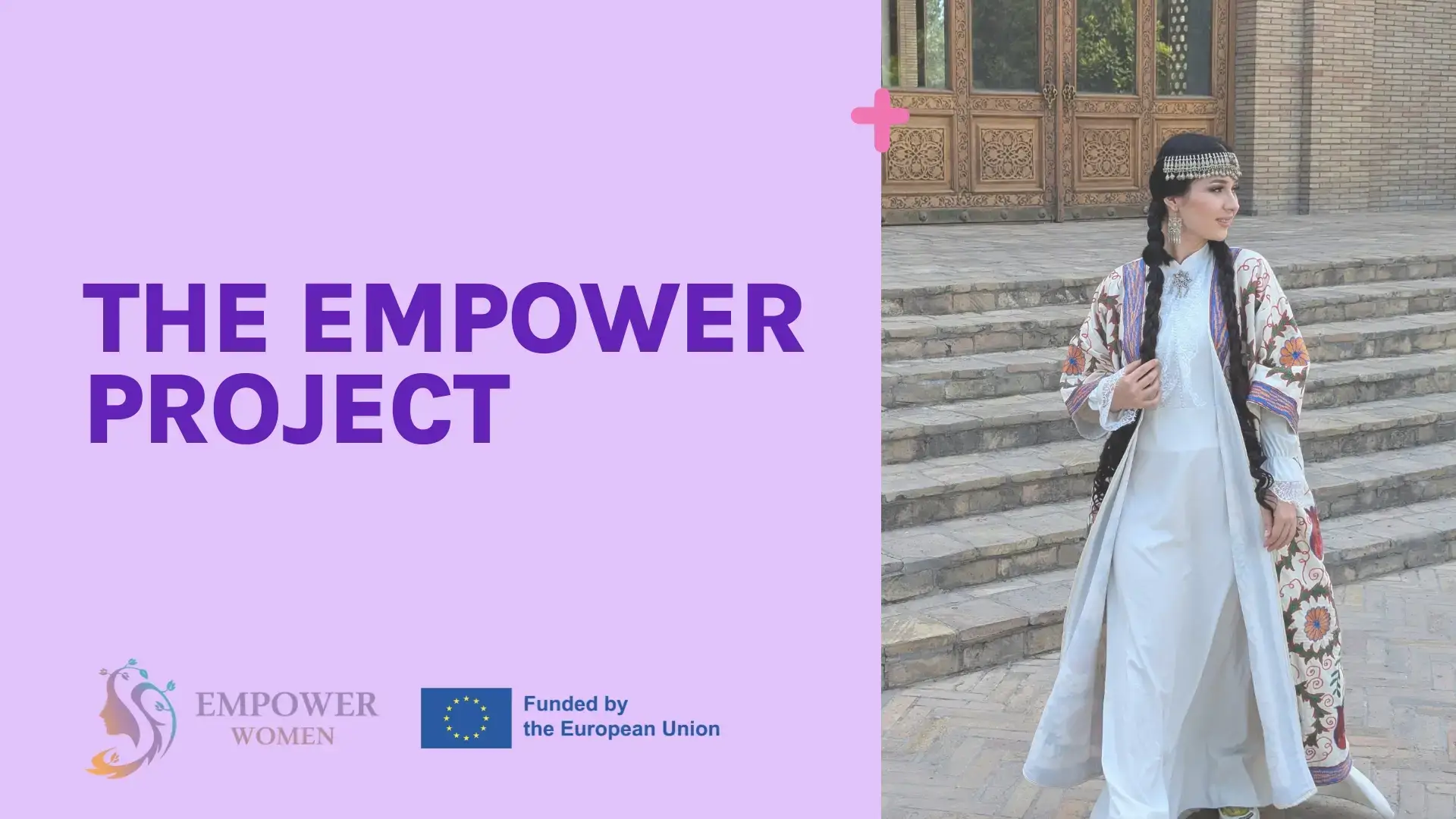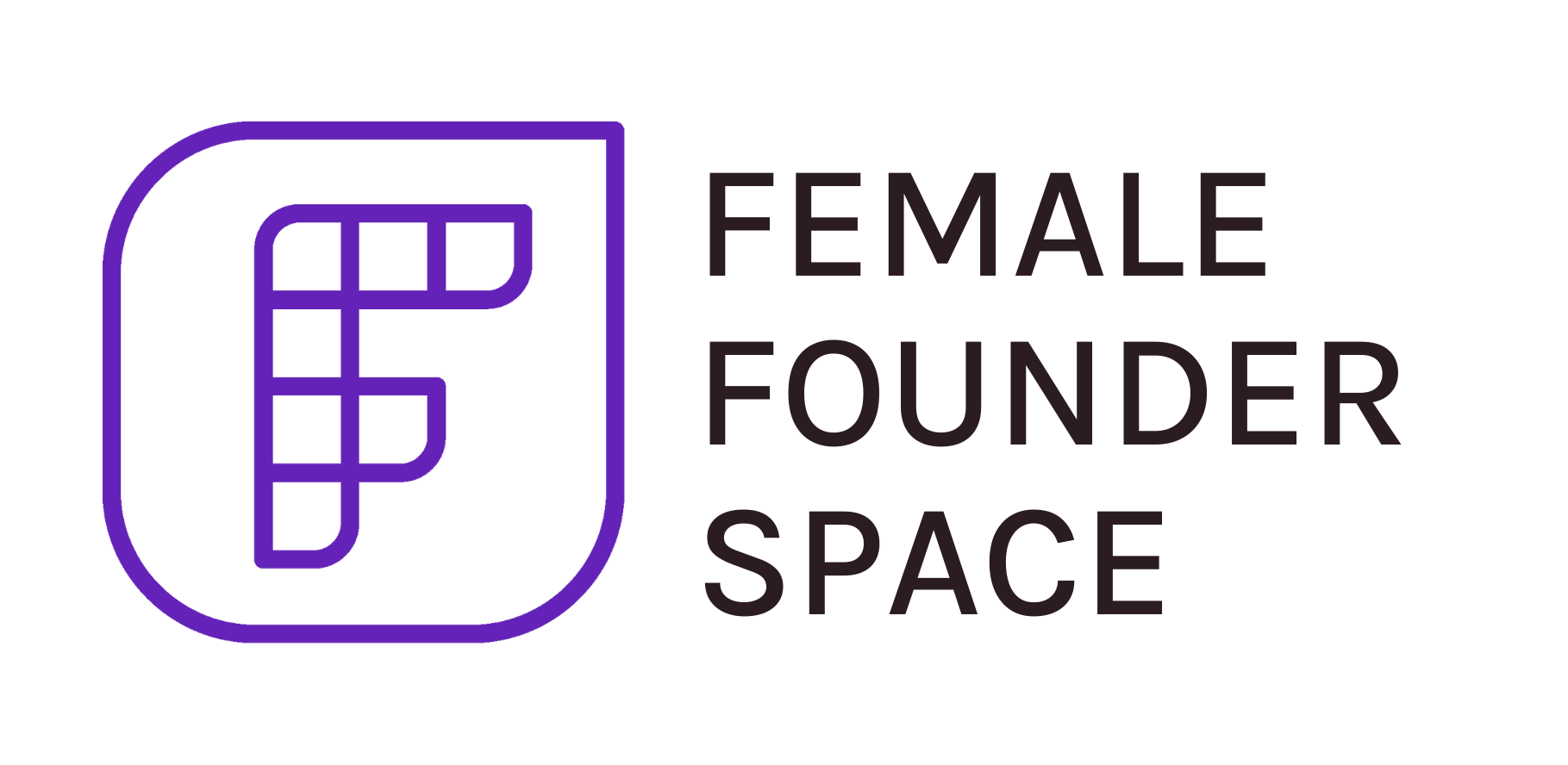
Empowering Women through Entrepreneurship: The EMPOWER Project
The EMPOWER project, formally titled “Enhancement of entrepreneurship skills among women to provide gender equality and employability for citizens of Uzbekistan,” is an ambitious and transformative Erasmus+ CBHE initiative. Its core aim is to address gender disparity in education and economic opportunity by equipping women with the knowledge, tools, and confidence to engage in entrepreneurial activities. The project is deeply rooted in both the socio-cultural and educational landscapes of Uzbekistan, drawing strength from the collaboration between European and Uzbek higher education institutions (HEIs).
Context
Despite constitutional provisions for gender equality, Uzbekistan faces significant disparities in education and employment for women. While women constitute nearly half of the country’s population, only a small percentage complete higher education. These gaps are exacerbated by traditional socio-cultural norms that limit women’s participation in the workforce and entrepreneurial ventures.
The EMPOWER project seeks to bridge this divide by implementing educational interventions, such as micro-credential courses, teacher training modules, and the establishment of a Virtual Learning Interactive Platform. It emphasizes the transformative power of education in shaping a more inclusive society where women can thrive as entrepreneurs and change-makers.
Project Objectives
The EMPOWER project is driven by three specific objectives:
Participating Institutions
A leading technical university in Germany, TU Dresden brings substantial expertise in engineering education, curriculum development, and quality assurance. Its participation ensures that academic content meets rigorous European standards.
Based in Bulgaria, VUM contributes deep knowledge in entrepreneurship education and has extensive experience in developing and implementing international training programs. Its role is central in designing training methodologies and overseeing the piloting phase.
CAU is an emerging leader in private higher education in Uzbekistan, committed to fostering innovation and academic excellence. With a progressive outlook and strong focus on inclusivity, CAU actively supports women’s entrepreneurship by piloting micro-credential.
Known for its regional outreach and blended learning platforms, KIUT supports the dissemination of the project to remote and underserved female populations.
This institution has a predominantly female student population and serves as a bridge to communities in the Ferghana Valley, a region with lower rates of higher education among women.
BSPI focuses on educational outreach to rural areas. It integrates entrepreneurship modules into teacher training, enabling women educators to act as catalysts for change in their communities.
Role of Female Founder Space (WEFOUND)
Project Activities and Methodology
The EMPOWER project unfolds in several work packages, each targeting a specific milestone:
ncludes training for trainers and the development of six modules covering areas such as:
- Small business planning
- Local market analysis
- Financial literacy and banking
- Communication strategies
- Regulatory compliance
- Business plan writing
Expected Impact and Legacy
The EMPOWER project is expected to enhance women’s financial independence and social standing by equipping them with entrepreneurial skills and practical knowledge. It promotes self-confidence and leadership while laying a foundation for long-term community development. Through its comprehensive training modules, digital platform, case studies, and teacher training, the project offers replicable tools that can inspire similar initiatives across Central Asia and beyond.
In addition to its core quality assurance responsibilities, WEFOUND lends support across other project activities, including curriculum development, dissemination planning, and cross-cultural communication. Their involvement enhances the project’s overall coherence, credibility, and impact.
Project Added Value
The EMPOWER project exemplifies a strong alignment with key European priorities of gender equality, social inclusion, and employability. By integrating successful EU practices and fostering cross-border collaboration, it delivers impactful and contextually adapted solutions for Uzbekistan. More than just an educational initiative, EMPOWER is a strategic response to systemic gender inequality—empowering women to become leaders, innovators, and agents of change. With sustained support from partners like Female Founder Space (WEFOUND), the project is poised to leave a lasting legacy of equity, resilience, and opportunity.
In addition to its core quality assurance responsibilities, Female Founder Space (WEFOUND) lends support across other project activities, including curriculum development, dissemination planning, and cross-cultural communication. Their involvement enhances the project’s overall coherence, credibility, and impact.
